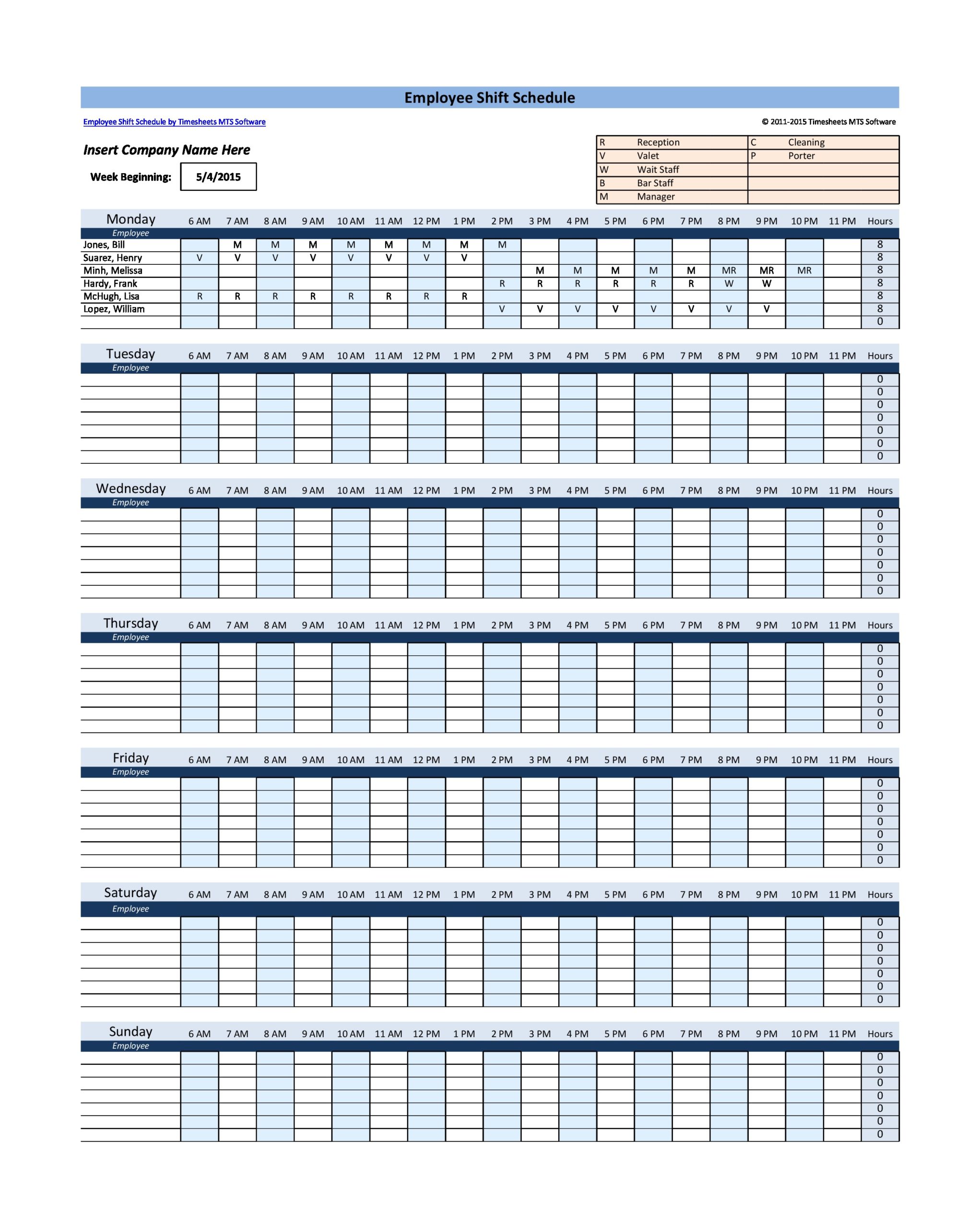
To me, the more interesting question is what an organization could do if they decided they were ready to support Graham’s maker schedule concept. The reasons for this reality are straightforward: (a) distractions like constant messaging and frequent meetings are often convenient in the moment for the person instigating them (b) most organizations place no barriers around such behaviors (c) without these barriers, convenience will almost always win. The (slightly modified) terms maker schedule and manager schedule are well-known, and most people who deal with both types of workers agree that Graham is speaking the truth: if you want someone to make something valuable, they’ll be most effective if you let them work in long, uninterrupted chunks.īut here’s the thing: almost no organizations support maker schedules. In the years since this essay was published, it has spread widely. The constant context switching, as we now know from research, also prevents the maker’s brain from fully engaging the creative task at hand. Though Graham doesn’t mention it specifically in the essay, we might add that the need to keep up with an inbox or chat channel can be equally disastrous to a maker. He then delivers the key conclusion: “When you’re operating on the maker’s schedule, meetings are a disaster.” That’s barely enough time to get started.” You can’t write or program well in units of an hour. They generally prefer to use time in units of half a day at least. “…But there’s another way of using time that’s common among people who make things, like programmers and writers.

You can block off several hours for a single task if you need to, but by default you change what you’re doing every hour…” “The manager’s schedule is…embodied in the traditional appointment book, with each day cut into one hour intervals. In 2009, tech investor Paul Graham published an influential essay titled “Maker’s Schedule, Manager’s Schedule.” In this piece, he argued that the best types of schedules for people who makes things are different than the best schedules for those who manage things. Study Hacks Blog Why Are Maker Schedules So Rare? April 5th, 2017


 0 kommentar(er)
0 kommentar(er)
